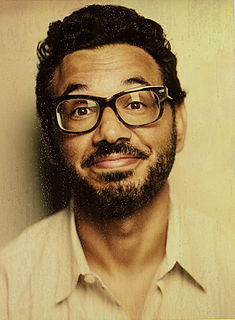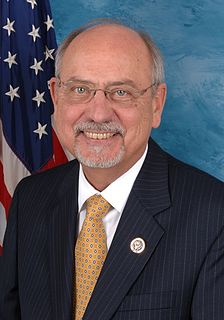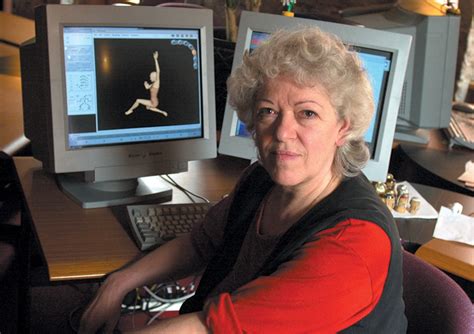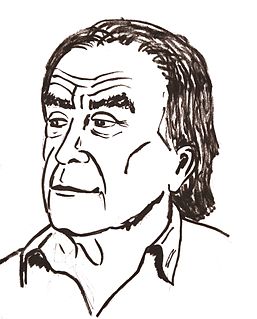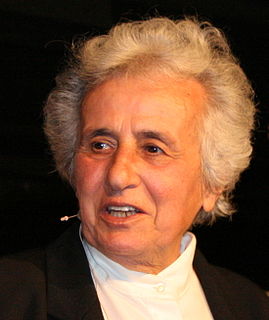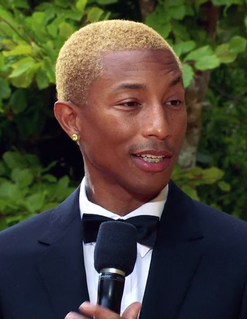A Quote by Emily Robison
I think soldiers are not just one homogenous group, just like Americans arent. They all have different feelings about the war.
Related Quotes
I wasn't trying to write a corrective novel - that would just end up tasting like medicine, and I tried to stay away from polemics as best I could. I think that, if anything, Fobbit is my way of showing readers there's another side to war - the backstage of combat, if you will. If you play a word association game with Americans and say "war," what's the first thing that comes to mind? Soldiers running across a battlefield through a hail of bullets, right? Rambo, smoke, explosions. In Fobbit, I hope readers will see something a little different
Even soldiers from the Vietnam War had said that when they were fighting in that war, the landmine was just one of any number of weapons to use in the fighting. It wasn't until they began to think about the aftermath and the legacy of landmines that they recognized the long-term, indiscriminate impact of the weapon.
So when a good idea comes, you know, part of my job is to move it around, just see what different people think, get people talking about it, argue with people about it, get ideas moving among that group of 100 people, get different people together to explore different aspects of it quietly, and, you know – just explore things.
I don't think it's necessary to put your feelings about photography in words. I've read things that photographers have written for exhibitions and so forth about their subjective feelings about photography and mostly I think it's disturbing. I think they're fooling themselves very often. They're just talking, they're not saying anything.
I don't want people to think about one common thing. Coda is non-discursive, just like choreography for the stage. So each audience member's thoughts about it, or better yet, their feelings, will be different. Moreover, images contain so much information that one can see things that the next person won't notice. As a result, people will surely think about Coda in dissimilar ways.
You know, being Jewish is problematic. Most people really don't know what exactly it means to be a Jew. We belong to a community of suffering, and that's what binds us together. But we are also extremely diverse. That's something I wish people who hate Jews as a group because they think they're so different would understand. We're also completely different within our own group! Essentially, we're just part of a community that has suffered a great deal, and not just in the Holocaust.


